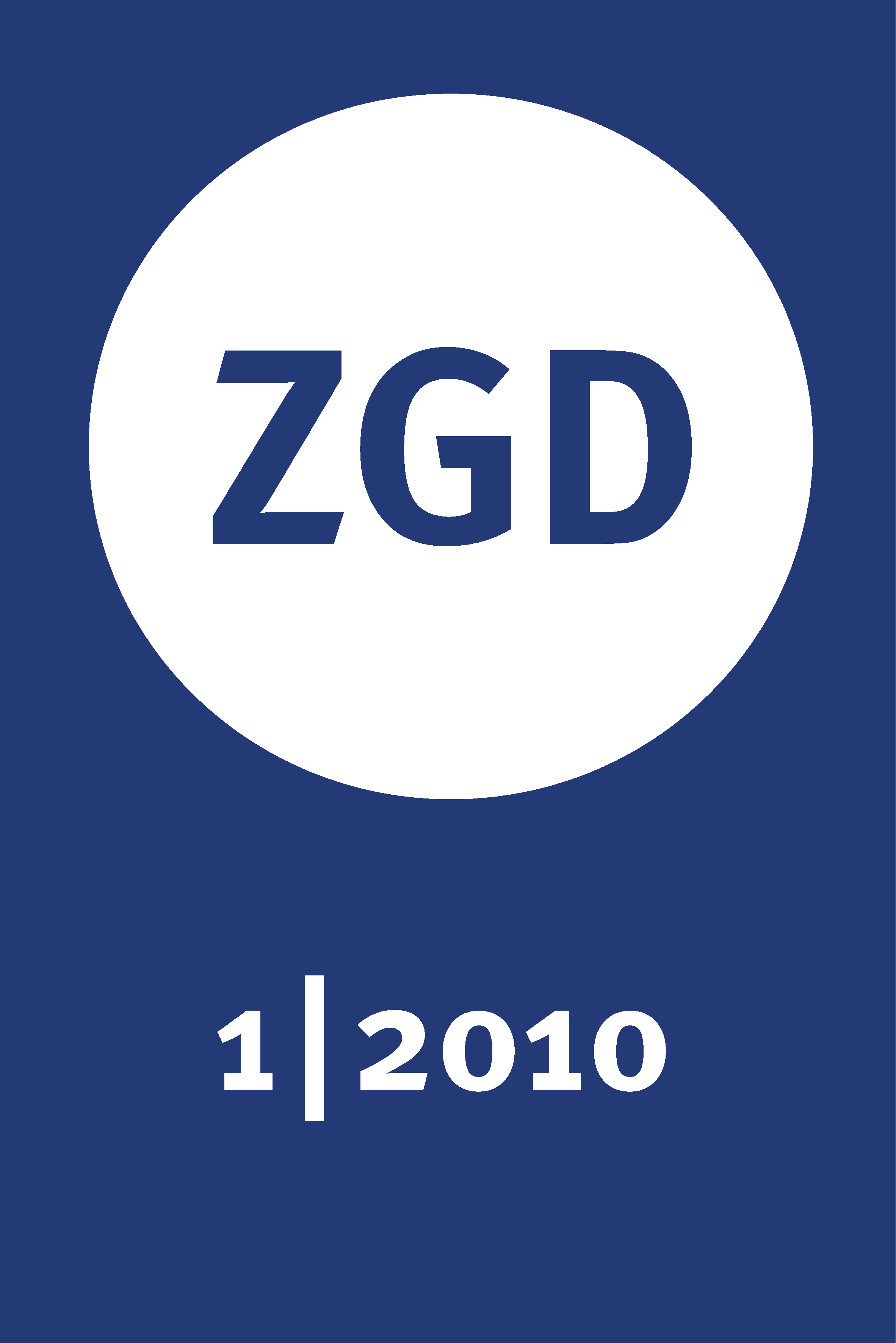Why Do I Want to Become a Geography Teacher? Geography Education Students' Motives of Vocational Choice and Specialist Interest. A Comparison between Gießen and Łódź
DOI:
https://doi.org/10.18452/25494Keywords:
motives of vocational choice, interest, intrinsic motivation, education students, geography, Łódź, GiessenAbstract
A variety of surveys concerning the question why individuals decide to enter into the teacher profession have been carried out so far. Thus, a weakness of these empirical studies from the point of view of geography education is that interest in the subject itself as a frequently given motive for becoming a teacher, has not been measured variably enough. On the basis of Urhahne's research (2006) in the field of Biology education, the aim of this study investigating the subject Geography was to determine possible correlations between extrinsic and intrinsic motives of choice for the course of studies and subject-specific interests. For this reason 312 Geography education students at the University of Gießen (Germany) and 118 Geography education students at the University of Łódź (Poland) have been interviewed by means of a standardized questionnaire. With the help of explorative factor analysis intrinsic as well as extrinsic motivation scales have been calculated for both samples. As a result a number of significant variations with regard to the weights of individual motives or interests of both samples could be identified. Whereas (on the one hand) students in Gießen mentioned pedagogical motivation as the most significant intrinsic motive, (on the other hand) the students in Łódź named subject-specific interest. Moreover, at least part of the results of Urhahne's study have been confirmed: intrinsic motives correlate merely mildly to moderately with the subject-specific interests, whereas (additionally) differences according to the location can be determined.
Downloads
Published
How to Cite
Issue
Section
License
Copyright (c) 2022 Journal of Geography Education

This work is licensed under a Creative Commons Attribution-NonCommercial-NoDerivatives 4.0 International License.







